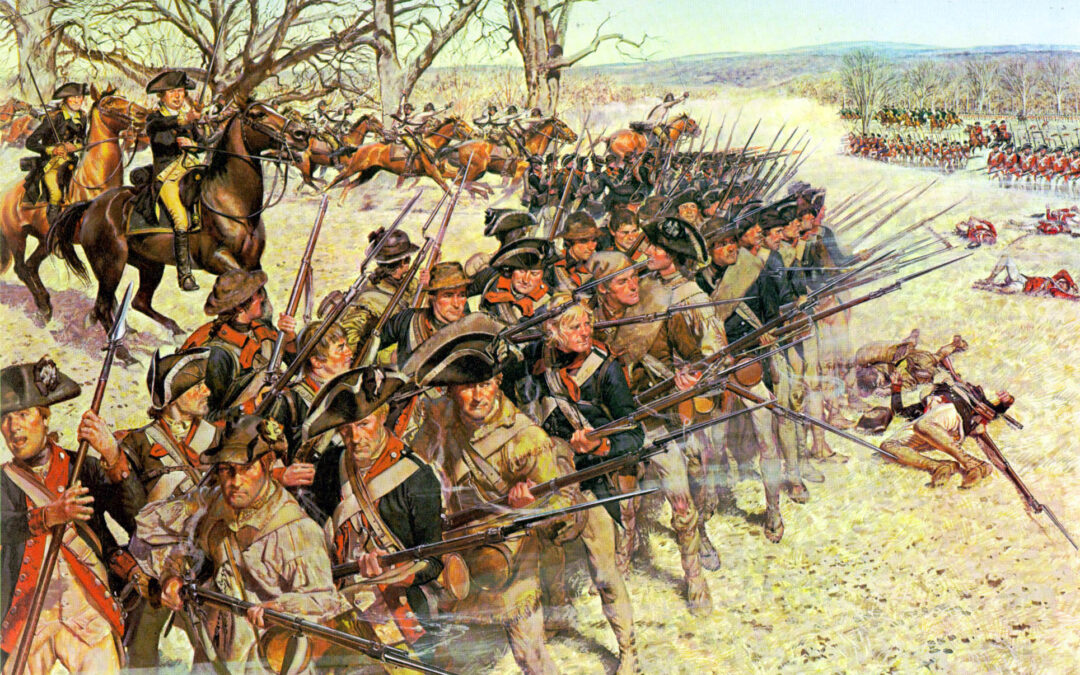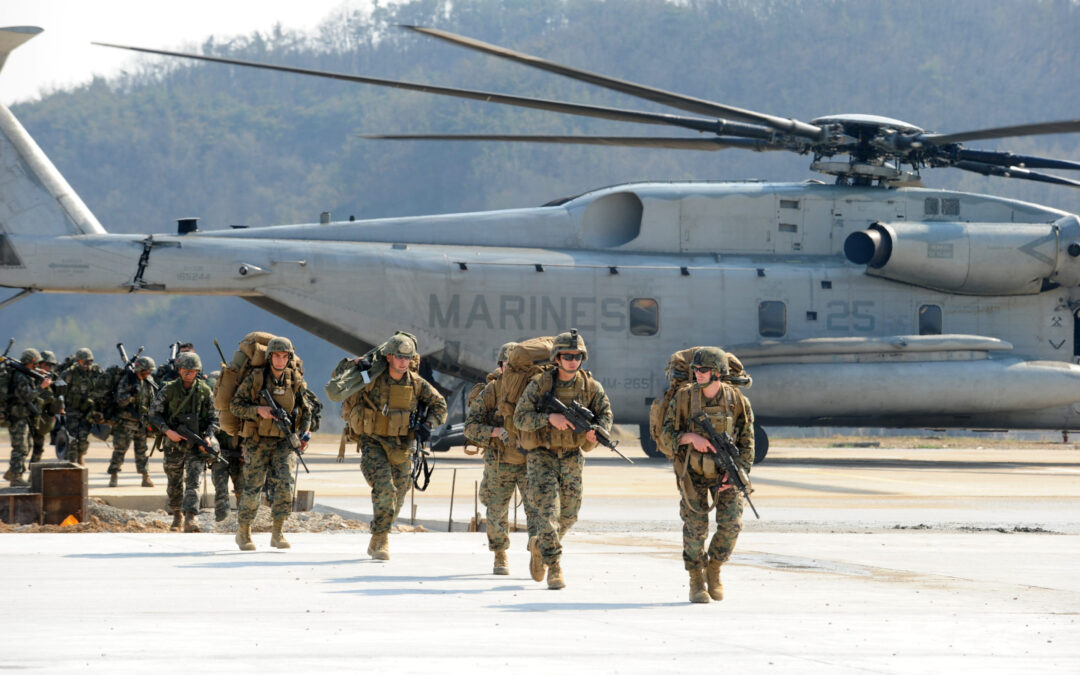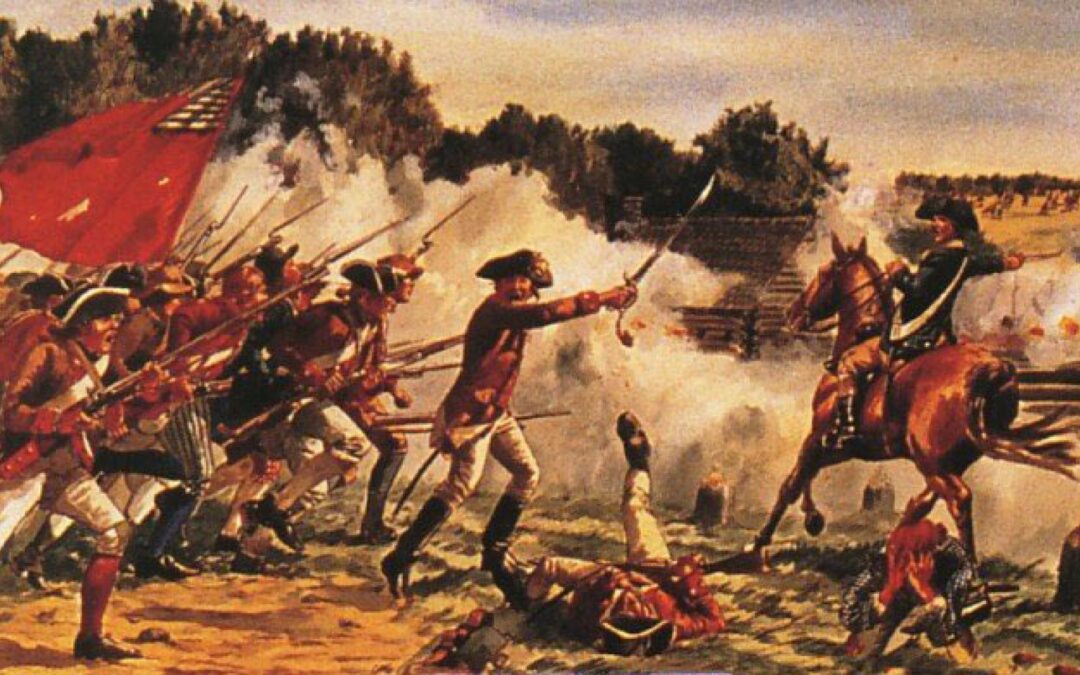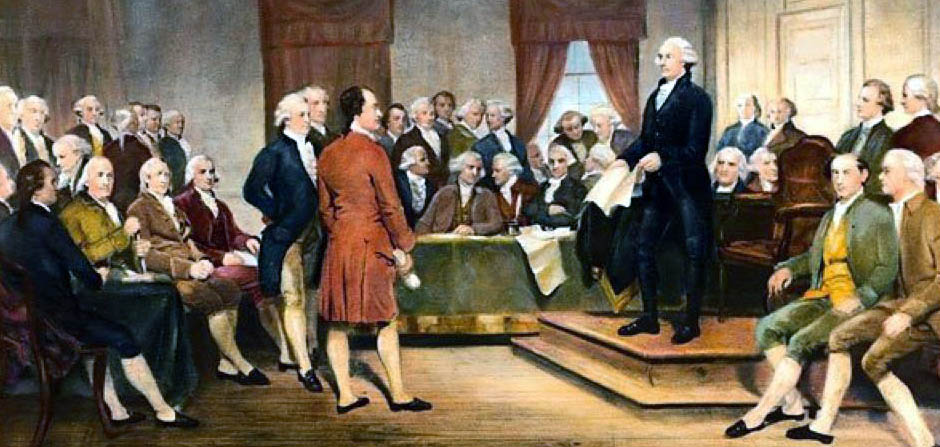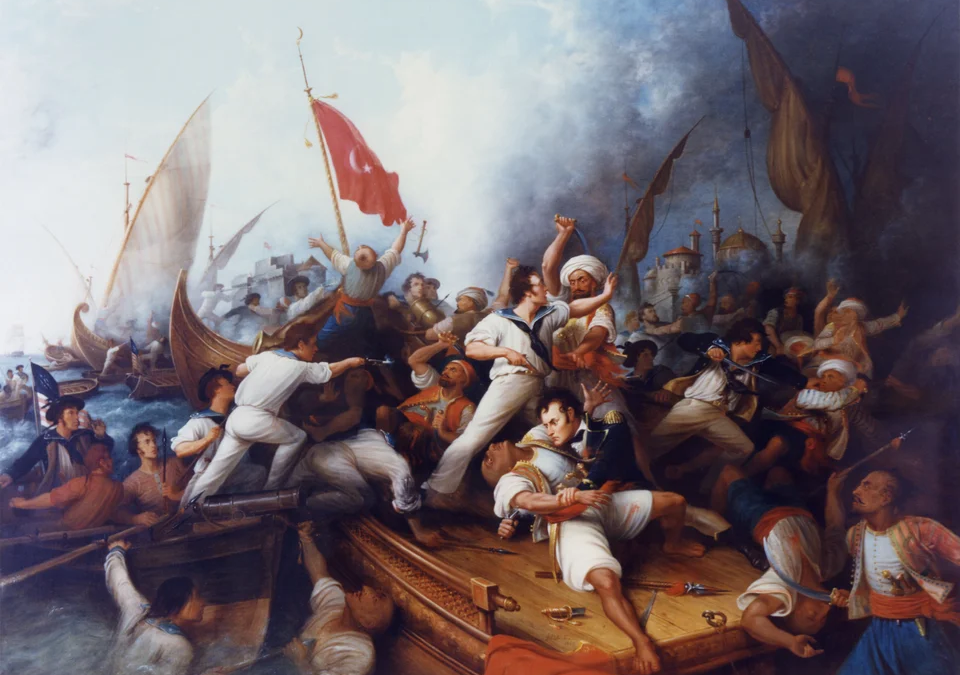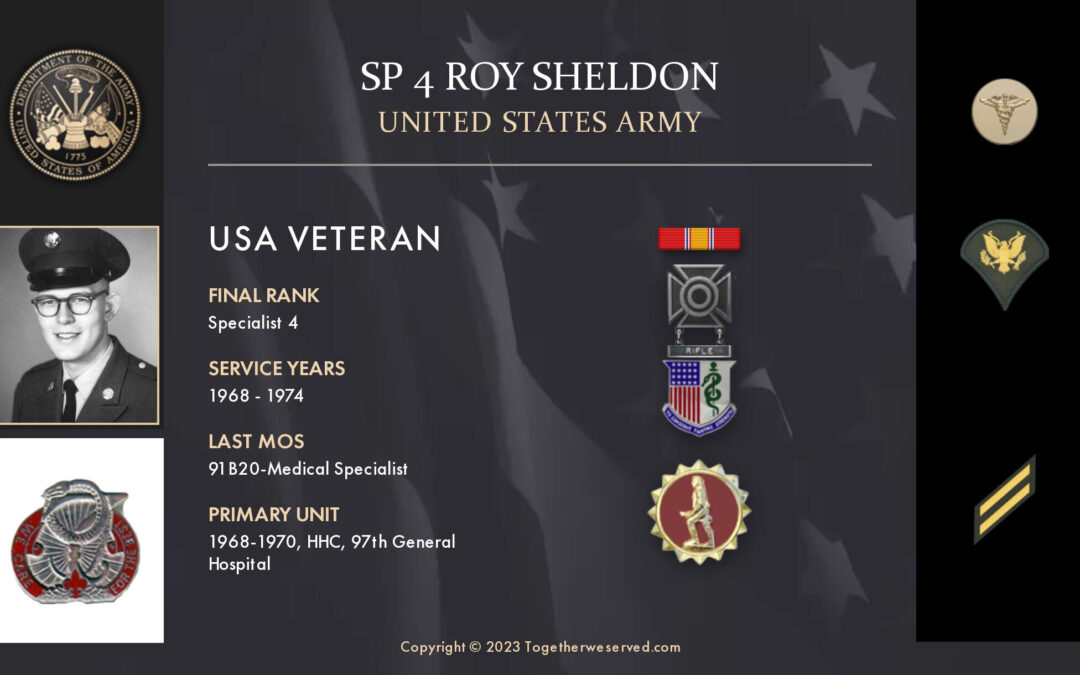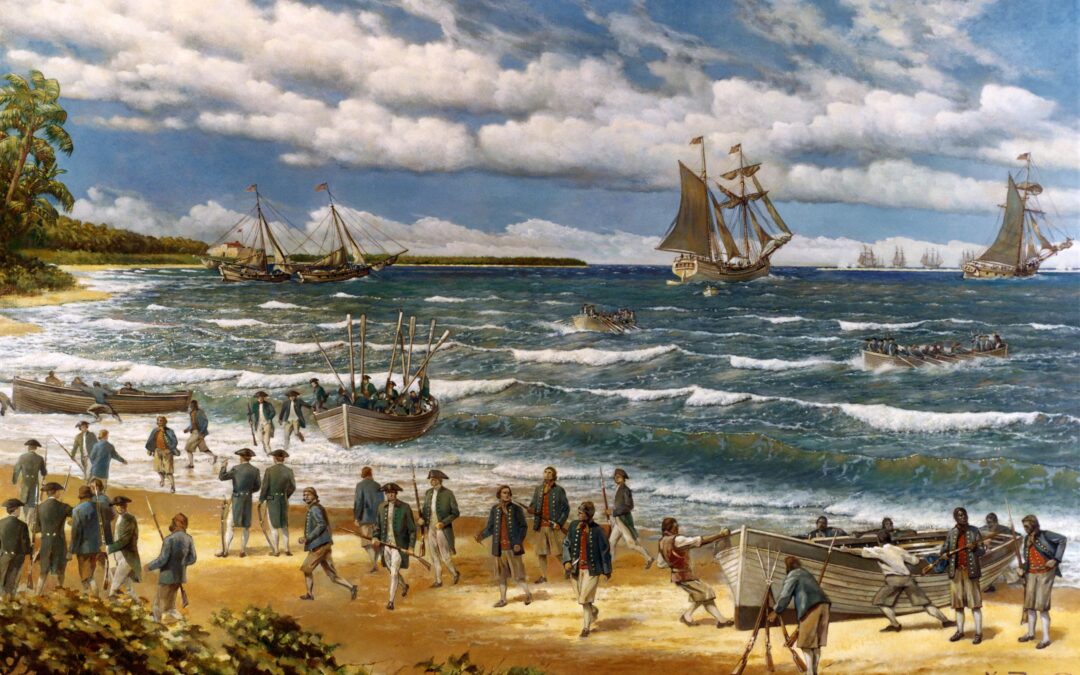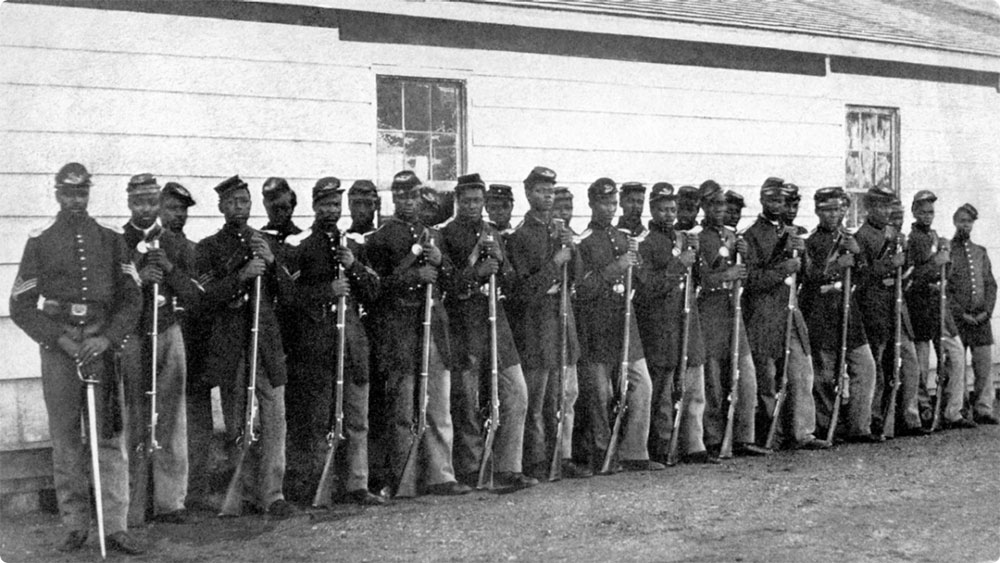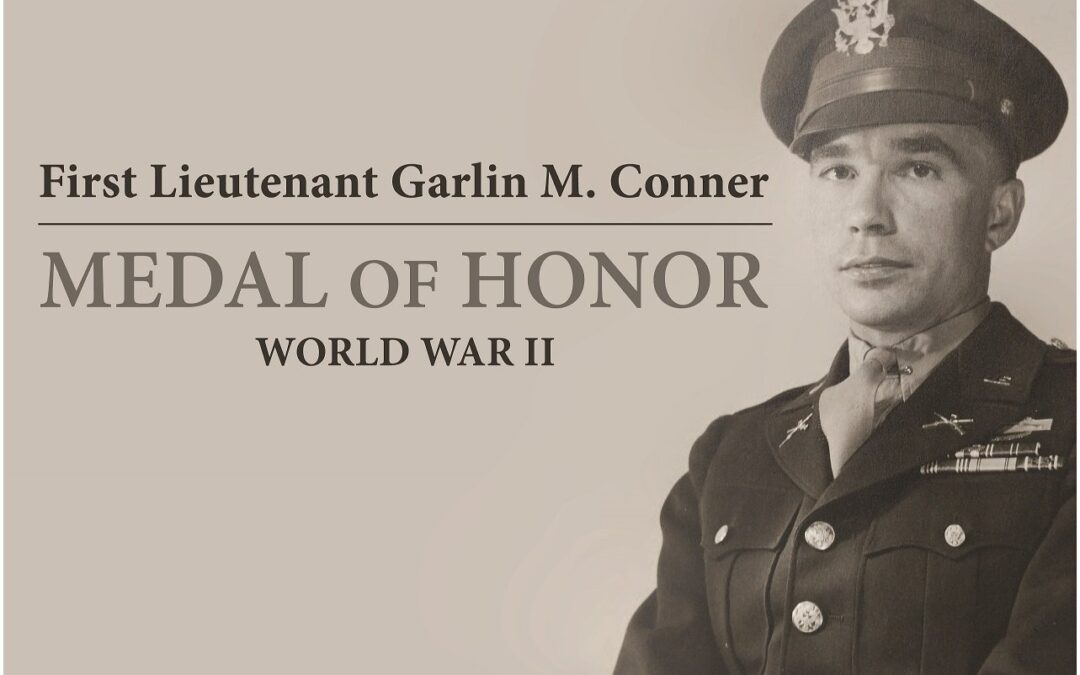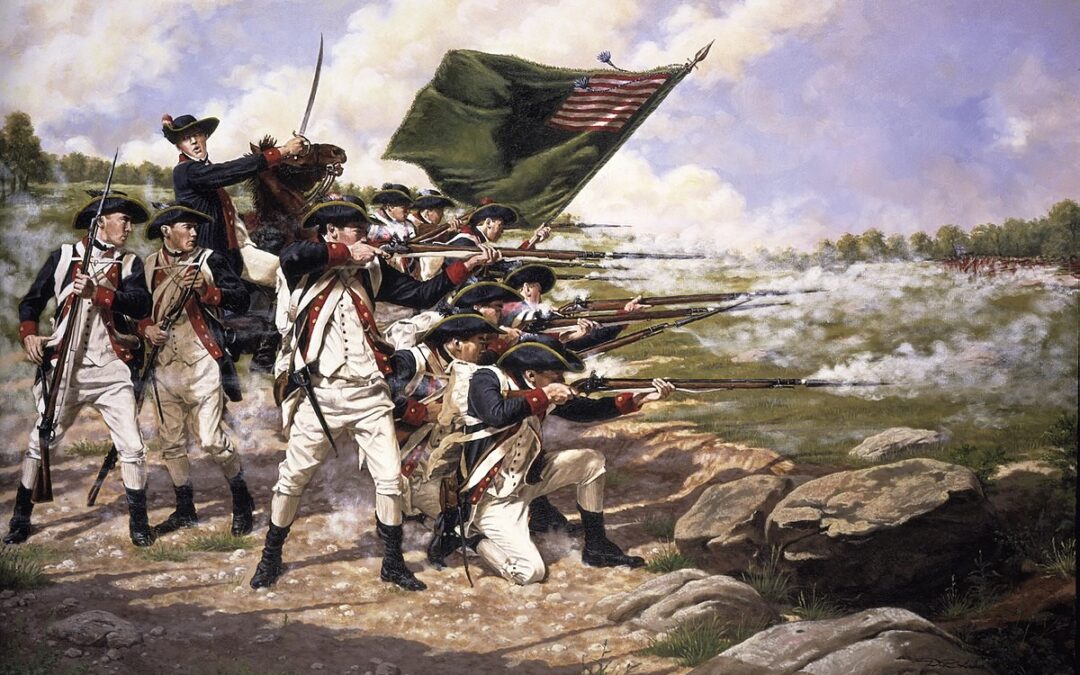The Revolutionary War Battle at Guilford Courthouse in North Carolina is not just an important moment for American independence; it's a good lesson for everyone to remember. There are times when, no matter how hard you fight or how badly you want to win, you might still lose. But that loss could lead to an even more important battle—and a greater, more important victory. The British Strategy Before the Battle at Guilford Courthouse After its 1777 loss at the Battle of Saratoga, the British...
